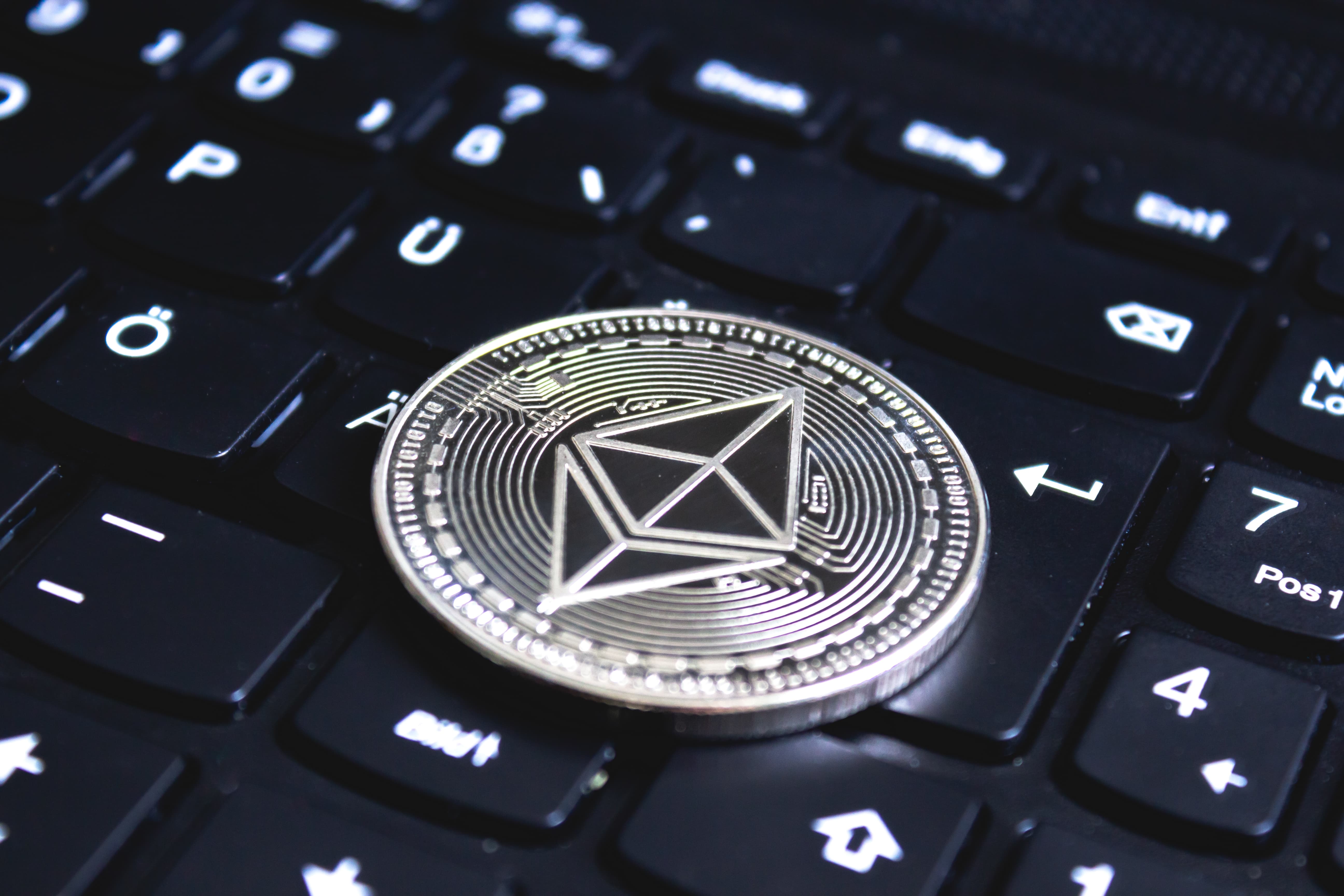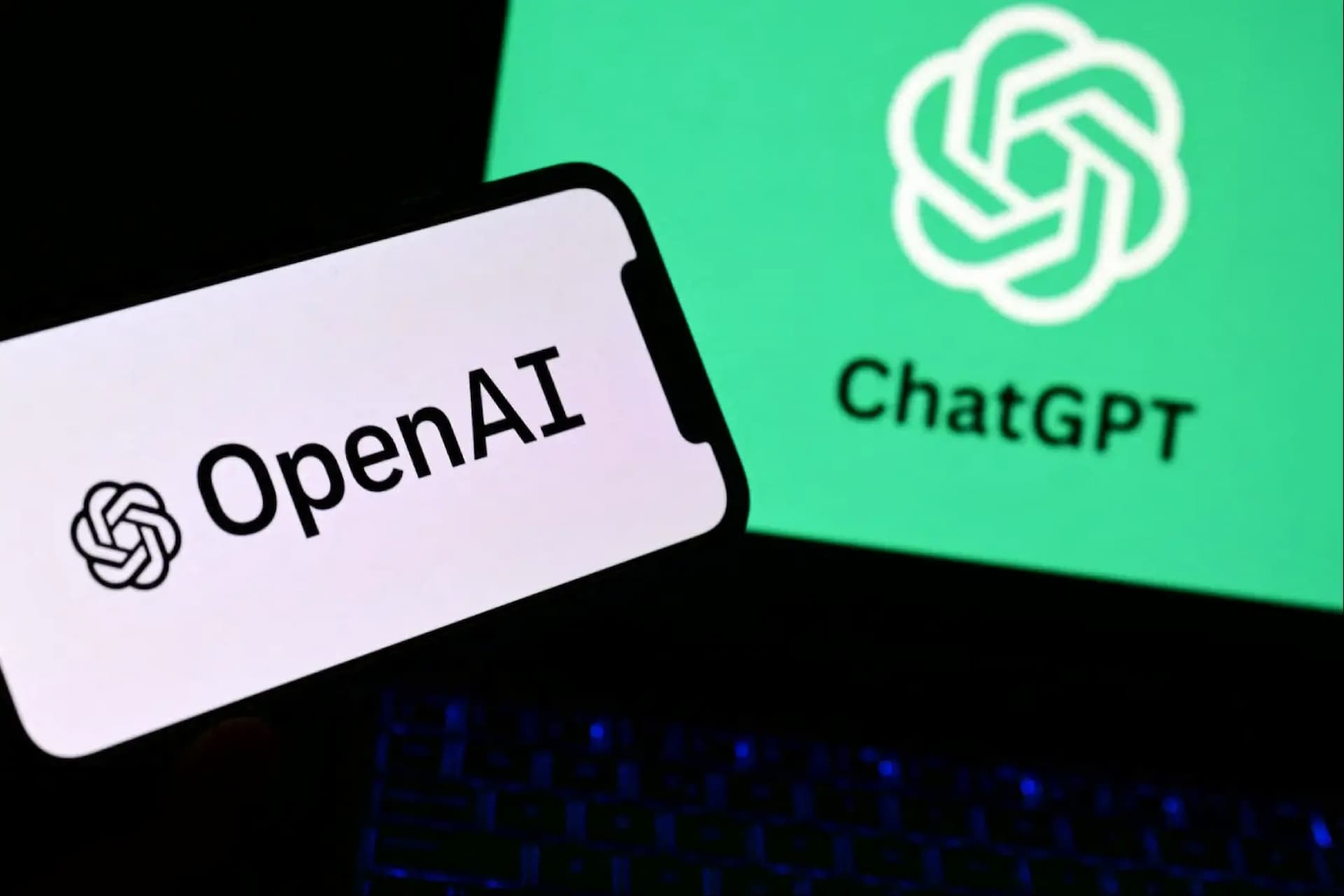A federal judge has rejected the $1.5 billion settlement Anthropic agreed to in a piracy lawsuit filed by authors.
Judge William Alsup expressed concerns that the deal was ‘nowhere close to complete’ and could be forced on writers without proper input.
The lawsuit involves around 500,000 authors whose works were allegedly used without permission to train Anthropic’s large language models. The proposed settlement would have granted $3,000 per work, a sum far exceeding previous copyright recoveries.
However, the judge criticised the lack of clarity regarding the list of works, authors, notification process, and claim forms.
Alsup instructed the lawyers to provide clear notice to class members and allow them to opt in or out. He also emphasised that Anthropic must be shielded from future claims on the same issue. The court set deadlines for a final list of works by September 15 and approval of all related documents by October 10.
The ruling highlights ongoing legal challenges for AI companies using copyrighted material for training large language models instead of relying solely on licensed or public-domain data.
Would you like to learn more about AI, tech and digital diplomacy? If so, ask our Diplo chatbot!










